Warhammer 40,000 is an old and deeply developed universe with a vast background, a long history, and many offshoots. Not everyone is eager to dive into the large number of books, codices, and other materials. However, many are excited to play the new release of Space Marine 2. That's why we've prepared a brief excursion into the universe for those who are encountering the "hammer of war" for the first time.
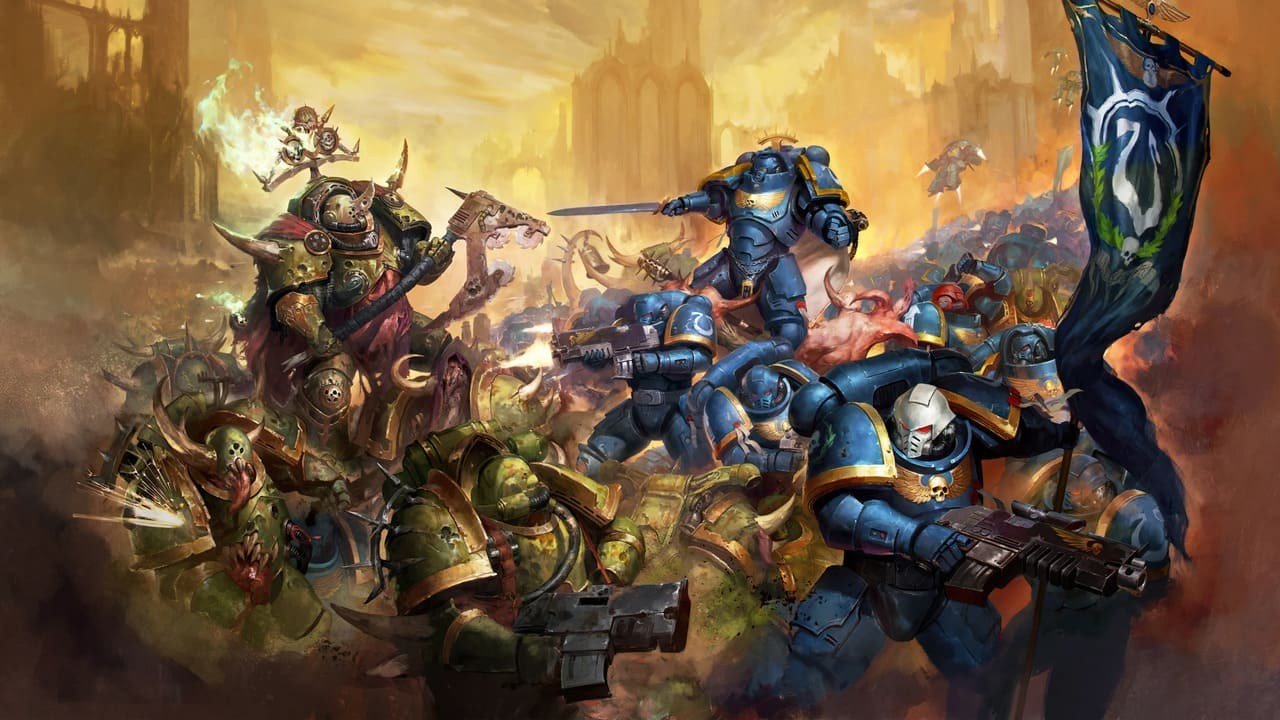 Image: warhammer-community.com
Image: warhammer-community.com
The Universe and Its fragmentation
In the world of "Warhammer" a million events take place every day. It is nearly impossible to keep track of everything. The universe is woven from hundreds of small stories of individual beings and entire worlds. In the endless stream of events, it is difficult to identify a structured plot.
Even the most dedicated fans of the lore often get lost among the many races, stories of individual heroes, and their interconnections. However, not knowing certain aspects shouldn’t discourage you. While you are getting acquainted with the history of the battles for Armageddon or studying the past of the Necrontyr, Games Workshop might already be announcing the fall of Cadia or the return of one of the primarchs from the dead.
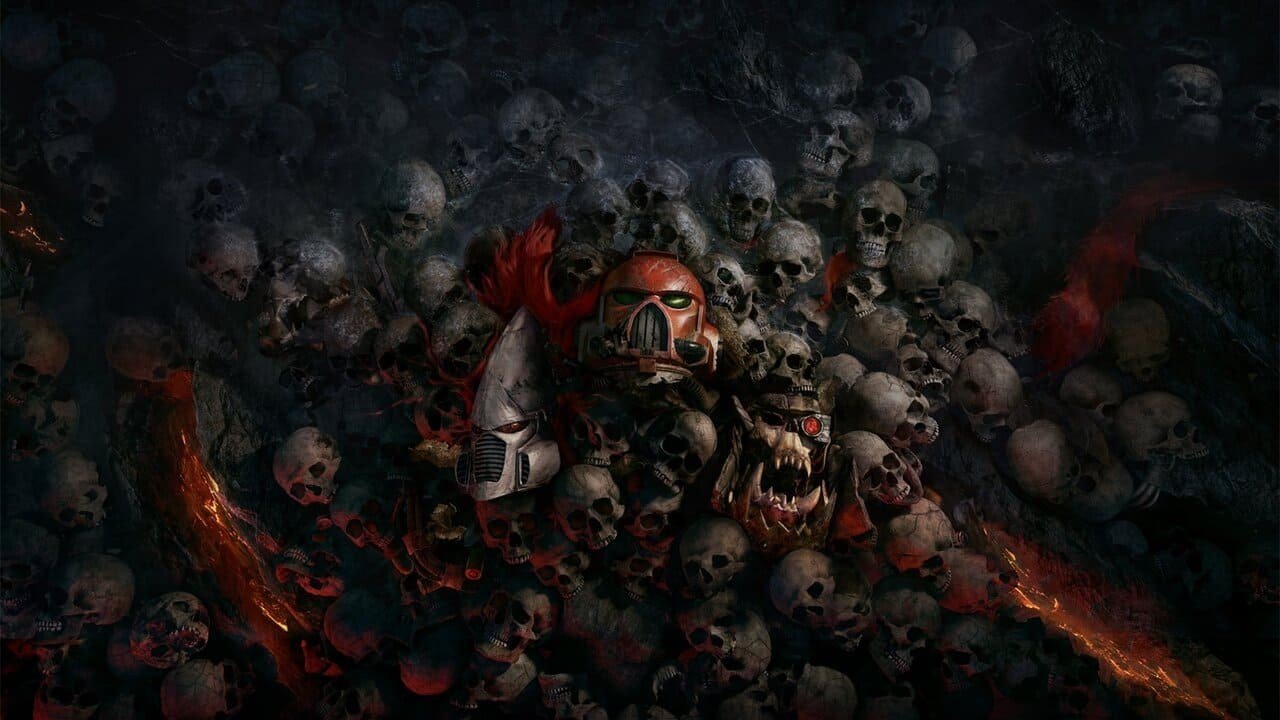 Image: dawnofwar.com
Image: dawnofwar.com
When first encountering Warhammer, we advise not to scatter your focus but to concentrate on what interests you the most. Of course, if you have never engaged with the universe before, it would be beneficial to read about the Horus Heresy and the subsequent events to get a general understanding of who the Space Marines are and why some are conditionally good and others are not. However, this is by no means mandatory, although it is worth it, trust me!
Setting and main races
The events of Warhammer 40,000 cover the history of the galaxy (and beyond) over many millennia. The game world is described starting from nearly the present time, but the main events, as you might guess from the name, take place in the 40th millennium.
In the distant future, humanity has reached unprecedented technological heights, conquered the universe, and encountered many other races (and not all of them are nice and fluffy). This was made possible thanks to the Emperor — a superhuman with psychic (psyker) abilities — who united humanity and elevated it in the universe.
 Image: wallpaperflare.com
Image: wallpaperflare.com
Besides humans, space is home to Orks — classic representatives of their race from many works. They are warlike and respect only brute force. The Aeldari are an ancient race that witnessed the birth of the Chaos gods but now teeters on the brink of extinction due to their own recklessness (they resemble Tolkien's elves). The Necrons are metal beings from the depths of time, who once put themselves into eternal slumber, god-killers. Chaos and its demons reside in the Warp (the subspace of the universe), along with other "aliens".
In addition to the aforementioned, other powers also dwell in the far reaches of space. The Tau Empire is a young xenos race (a term used here for anyone who is not human) that unites worlds under the banner of "The Greater Good". The Dark Aeldari are renegades, traitors to their own kind. And the Tyranids are a swarm of insect-like creatures whose sole purpose is to destroy all life.
Space marines and the Imperium
 Image: Ensigame
Image: Ensigame
Amidst this mass of different beings inhabiting distant planets, the Imperium of humanity tries to survive and rise to dominance. After all, the average human is weak compared to even the frailest Ork and far too unintelligent for an Aeldari. Understanding this, the once-mighty Emperor created warriors capable of defending against and resisting any enemies the universe might throw at humanity.
Thus, the Adeptus Astartes Space Marines were born — genetically modified warriors clad in ceramic armor, wielding bolters. Their reflexes surpass those of ordinary humans, their hearts beat with two hearts, and their strength and power make ordinary mortals bow at the mere sight of an "Angel of Death".
Thanks to the Astartes legions, the Emperor was able to reunite the scattered human colonies. Led by his children — the Primarchs (demi-gods imbued with a portion of the Emperor's power) — the human fleets secured their place in the universe.
However, Chaos gods reside in the Warp, embodying vices and all that is terrifying to imagine. There's the bloodthirsty reaper Khorne — collector of skulls, god of war and murder. Tzeentch — master of magic, hidden knowledge, and deceit. Nurgle — embodiment of all known diseases, and Slaanesh — responsible for pleasure and the vices of living beings. They are the ones who set their sights on the Imperium.
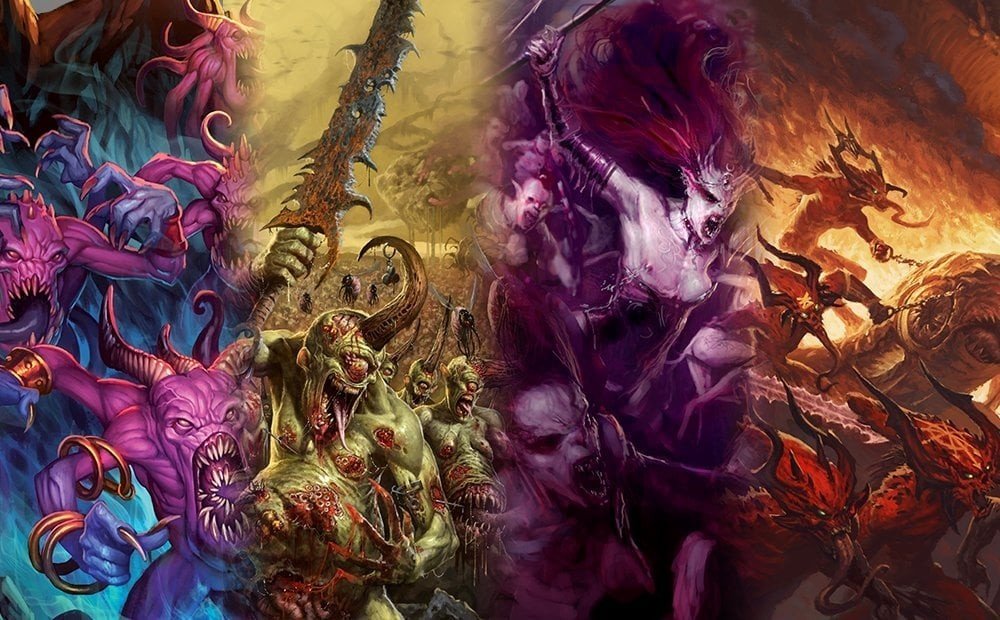 Image: belloflostsouls.net
Image: belloflostsouls.net
Through deception, the Chaos gods corrupted eight Primarchs and their legions, plunging the Imperium into the flames of civil war. The consequences were devastating for humanity: the Emperor was mortally wounded, entire Astartes legions were reduced to small chapters, and their Primarchs either died or disappeared. Billions of humans perished, and the entire human race found itself on the brink of extinction.
Now, the Imperium has become a rigid totalitarian state with a focus on religion, where the Emperor, trapped between life and death, is worshipped as a god. Here, people are mere expendable resources. The common tasks of nearly every inhabitant on any planet are to work, pray to the Emperor, and hope that one day, Chaos ships don’t start falling from the sky, the Necrons don’t awaken in the planet’s depths, or a random Ork band doesn’t decide to have some fun.
Space Marine 1
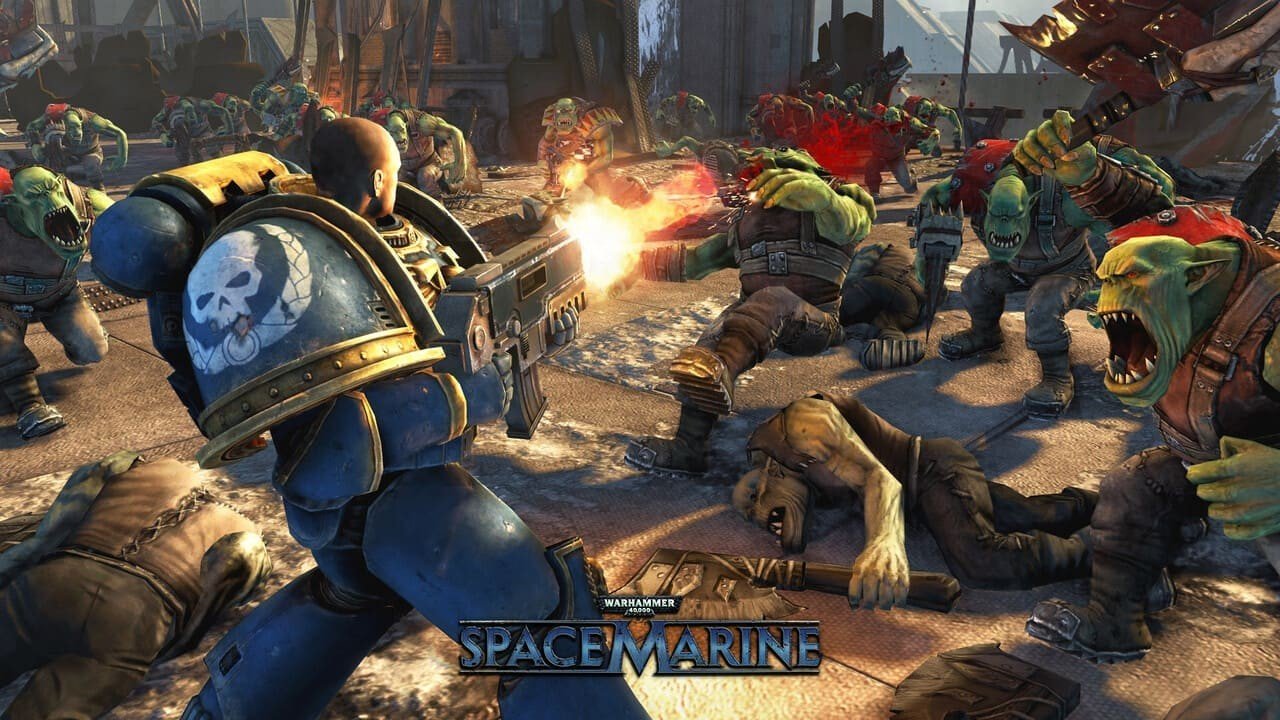 Image: store.steampowered.com
Image: store.steampowered.com
In Warhammer 40,000 Space Marine, we were first introduced to Captain Titus of the Ultramarines chapter — one of the most loyal and devoted legions of the Adeptus Astartes to the Emperor. Leading a small squad to a forge world being invaded by Orks, Titus was tasked with saving the planet from being overrun by the green-skinned invaders. However, it wasn’t only the Orks that set their sights on Graia — Chaos forces also made an appearance, forcing the heroes to fight on two fronts.
Separate from the overarching universe, Space Marine presented us with a classic Warhammer scenario. The game showcased the Imperial Guard (regular human troops of the Imperium), Orks with their Warboss in all their brutal glory, Inquisitors (hunters of demons, mutants, and heretics), and Chaos with its demons and traitor Marines.
After defeating the enemies on Graia, Captain Titus fell under the scrutiny of the Inquisition due to his interaction with the Warp, which is considered destructive for anyone loyal to the Emperor. However, this did not stop him from returning to duty in the second part, where he faces the Tyranids.
Glossary
 Image: warhammer-community.com
Image: warhammer-community.com
- Imperial Guard – Regular humans standing guard over humanity, fighting across millions of worlds against anything that threatens their race.
- The Church of the God-Emperor – The unified cult of the entire Imperium, promoting faith in the divine manifestation of the Emperor. It was formed after the end of the human civil war.
- Inquisition – A special branch of the Church of the God-Emperor that hunts down all manifestations of heresy, mutants, and servants of Chaos. They are ruthless and merciless, sending anyone whose faith is insufficiently strong to the pyre.
- Warp – A subspace where all emotions and actions of living beings have reflections. It is inhabited by demons and Chaos gods and is used by many races for fast travel across vast distances in space. However, it is highly unstable and dangerous.
- Space Marine Legions – Twenty founding armies composed of superhumans from various worlds, each with its own specialties and tactics. Eight of these legions later betrayed their father, the Emperor, and fell under the influence of Chaos.
- Psykers – Humans (and others) with telepathic and various mental abilities. They are largely despised in the Imperium but are actively used as expendable resources. For example, humanity wouldn’t be able to perform Warp jumps without them.
- Horus Heresy – The period of betrayal by Warmaster Horus, the Emperor's favorite Primarch, who turned to the side of Chaos, sparking a civil war in the Imperium. It is considered one of the key events in the Warhammer 40,000 universe.
- Ultramarines – One of the original Space Marine legions. They strictly adhere to the Codex and have never betrayed the God-Emperor. Captain Titus, the hero of both Space Marine games, fights in their ranks.
Oddities of the Universe
 Image: reddit.com
Image: reddit.com
For someone unfamiliar with the Warhammer 40,000 universe, some of its aspects might seem quite strange or even absurd. But let’s quickly dispel this notion — this is grimdark technofantasy, where anything can happen.
In Warhammer, you shouldn’t be surprised that the foolish Orks, who care only about war, use teeth as currency, make weapons out of anything they can find (literally), and make them work purely through belief — after all, they are the galaxy’s most powerful psykers!
In Warhammer, it’s perfectly normal for a grav-tank with a plasma railgun to face off against a cavalryman on a horse, armed with a spear and wearing a gas mask. That’s just how things are here. But that’s also what makes the world of the "hammer of war" so wonderful.
Conclusion and Advice
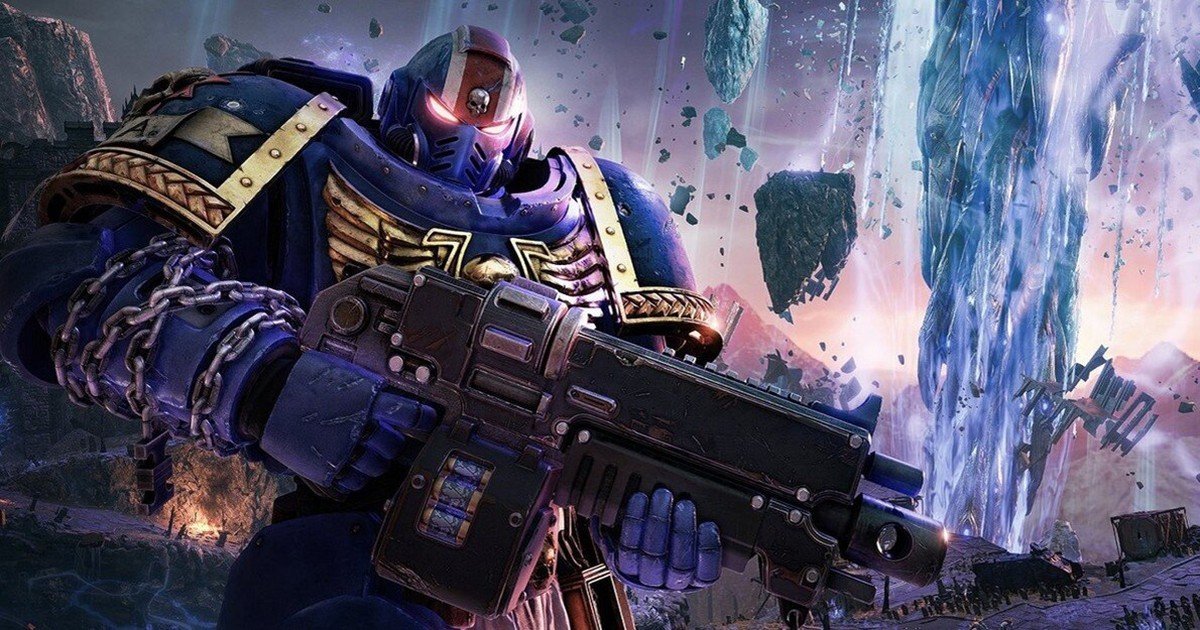 Image: xbox.com
Image: xbox.com
It would be impossible to fit even a tenth of what the Warhammer universe contains into this material. For that, there are countless books, rulebooks, and other materials. But this minimal amount should be enough to start your journey into a universe where there is only war.
The creators of various Warhammer content often follow a similar philosophy. Believe me, you don’t need to know about Guilliman's resurrection or the Siege of Terra to have fun with friends in Space Marine 2 and crush hordes of Tyranids with a mighty bolter.
Nevertheless, we hope this article sparks your interest in this deep and well-developed universe and eases your entry into both it and the Warhammer games. And remember, the Emperor protects!
Main image by Ensigame
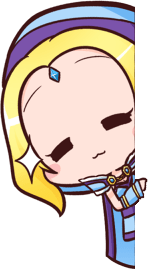


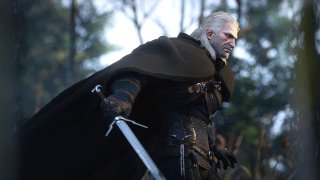
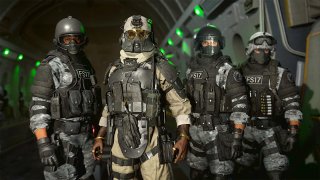


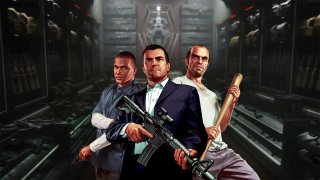
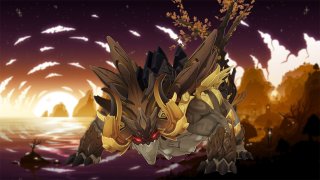



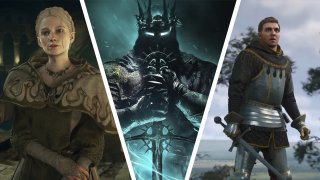


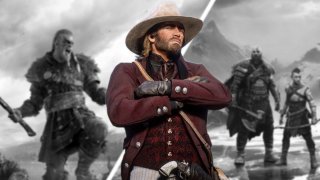

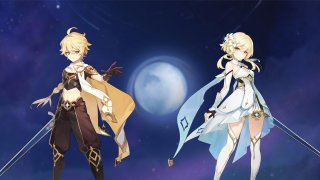


0 comments